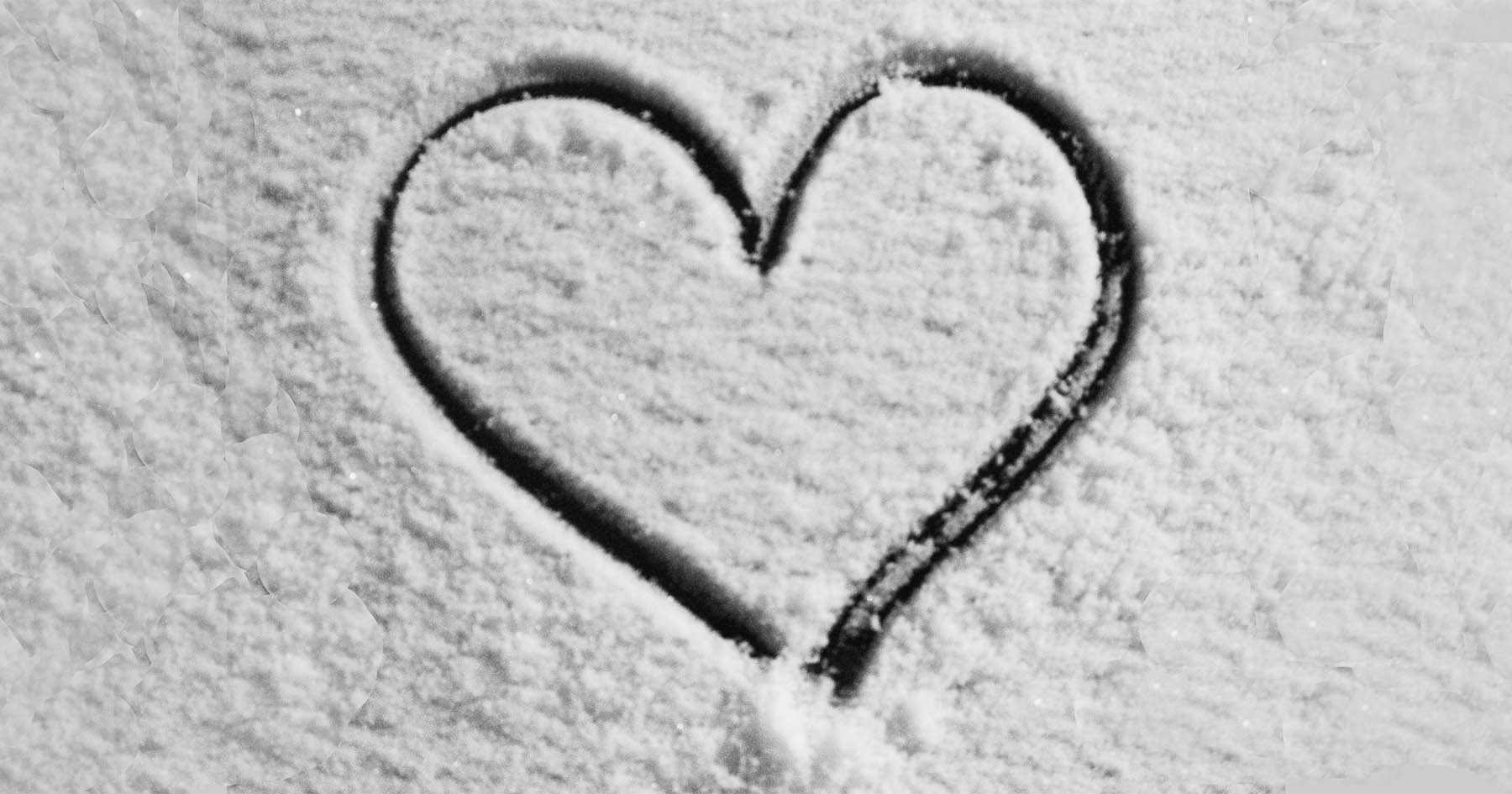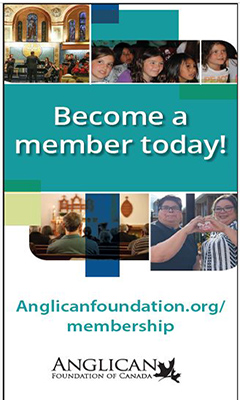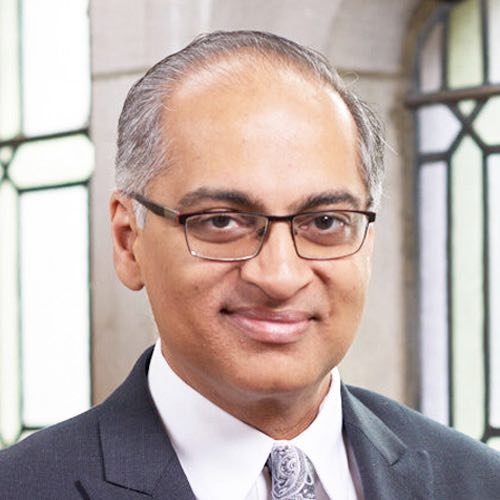Nothing will make you feel like real change is impossible than personal struggles with transformation. The beginning of the New Year is almost always an exercise in failed optimism. The following statistics from a recent Forbes survey are sobering:
“The Forbes Health/One Poll survey found that the average resolution lasts just 3.74 months. Only 8% of respondents tend to stick with their goals for one month, while 22% last two months, 22% last three months and 13% last four months.”
Given such meagre results, there is good reason to give up on the resolution-making business altogether.
Why do resolutions seem doomed to fail? Because almost all are grounded in self-dissatisfaction: “I am not fit enough, I am not mindful enough, I am not organized enough.” This list could go on and on. However “on target” our personal list of dissatisfactions might be, dissatisfaction is rarely a promising foundation for enduring change.
Also troubling is that our dissatisfaction with ourselves is routinely driven by comparison and external pressure. That same Forbes survey notes: “62% say they feel pressured to set a new year’s resolution,” and that “women (64%) feel slightly more pressured to set a resolution than men (60%).” No wonder rates of success are so poor! If for a majority, New Year’s resolutions begin from extrinsic cultural pressure rather than intrinsic motivation, failure seems all but certain.
At its harshest, self-dissatisfaction feels like internalized aggression, a hostility towards oneself grounded in cultural expectations around what we are supposed to be and look like — body-shaming around being fat, for example. We live in a culture in which dissatisfaction and insecurity (according to writer Astra Taylor) drive the entire enterprise of buying and selling — January gym memberships for example.
Can there be a less promising motivation for change than a sense that you just don’t measure up with respect to weight, resting heart rate, or minutes spent on the right meditation app? God only knows what other measure we’ll come up with next to find ourselves wanting.
For Christian communities, all this hustling grounded in dissatisfaction generated by comparison should be especially problematic. Deep within the Christian imagination is a conviction that we are first and foremost beloved of God and so possessed of intrinsic worth. We are loved just as we are. God’s love for us is not conditioned by our fitness level or powers of mindfulness. There is no question of measuring up.
For Christians, spiritual transformation springs from knowing that we are loved; we are not loved because we have first proven ourselves worthy. We move into sanctification (growth in holiness) fueled by divine love which generates in us a proper self-cherishing. I grow in my sense of my own preciousness and worth because I know that I am loved with an infinite love that brought me into being and sustains me even now.
What if being grounded in such love is likely to prove the only true and sufficient ground for lasting change? To grow because of love rather than change in a desperate quest to measure up to artificial standards set by others — what vastly different motivations! Surely growth that emerges from self-cherishing awakened by divine love is far more likely to endure than change that smacks sometimes even of self-loathing.
So, for this New Year, I am not going to worry about setting a host of resolutions. I’ll boil it down to one counter-cultural resolution instead: “Each day, I will strive to remember that I am loved by the Infinite Heart of the Universe who loves me into being and counts me precious.” That seems resolution enough for me.




